Subscribe and follow along:https://www.youtube.com/@neuralbasisofconsciousnessPLAYLIST (will be updated as new videos are released)TALKS:https://www.youtube…
Get the latest international news and world events from around the world.

Jeremy Barton | A Path to Atomically Precise Manufacturing @ Paths to Progress
Jeremy Barton and Nanotechnology.
*This video was recorded at ‘Paths to Progress’ at LabWeek hosted by Protocol Labs & Foresight Institute.*
Protocol Labs and Foresight Institute are excited to invite you to apply to a 5-day mini workshop series to celebrate LabWeek, PL’s decentralized conference to further public goods. The theme of the series, Paths to Progress, is aimed at (re)-igniting long overdue progress in longevity bio, molecular nanotechnology, neurotechnology, crypto & AI, and space through emerging decentralized, open, and technology-enabled funding mechanisms.
*This mini-workshop is focused on Paths to Progress in Molecular Nanotechnology*
Molecular manufacturing, in its most ambitious incarnation, would use programmable tools to bring together molecules to make precisely bonded components in order to build larger structures from the ground up. This would enable general-purpose manufacturing of new materials and machines, at a fraction of current waste and price. We are currently nowhere near this ambitious goal. However, recent progress in sub-fields such as DNA nanotechnology, protein-engineering, STM, and AFM provide possible building blocks for the construction of a v1 of molecular manufacturing; the molecular 3D printer. Let’s explore the state of the art and what type of innovation mechanisms could bridge the valley of death: how might we update the original Nanotech roadmap; is a tech tree enough? how might we fund the highly interdisciplinary progress needed to succeed: FRO vs. DAO?
*About The Foresight Institute*

How San Francisco became Waymo-pilled
Shifted from slightly against to strongly in favor. 2023: half oppose, 2025: only 29 oppose. People fear new technology… until it is no longer new.
Expect this to happen with things like cell ag (lab grown meat), nanobots, and the like. Most people are not ideologically oppose to them, they just want enough time for them to prove themselves as safe.
“Opposition to autonomous vehicles is on the decline, the poll showed: In 2023, more than 50% of voters opposed driverless cars; now, it’s 29%.”
And:
“Two-thirds of voters said they support allowing fully autonomous vehicles to operate in San Francisco. It’s a significant increase from 2023, when fewer than half agreed with the sentiment.”
(https://sfstandard.com/2025/10/08/san-francisco-became-waymo-pilled/)
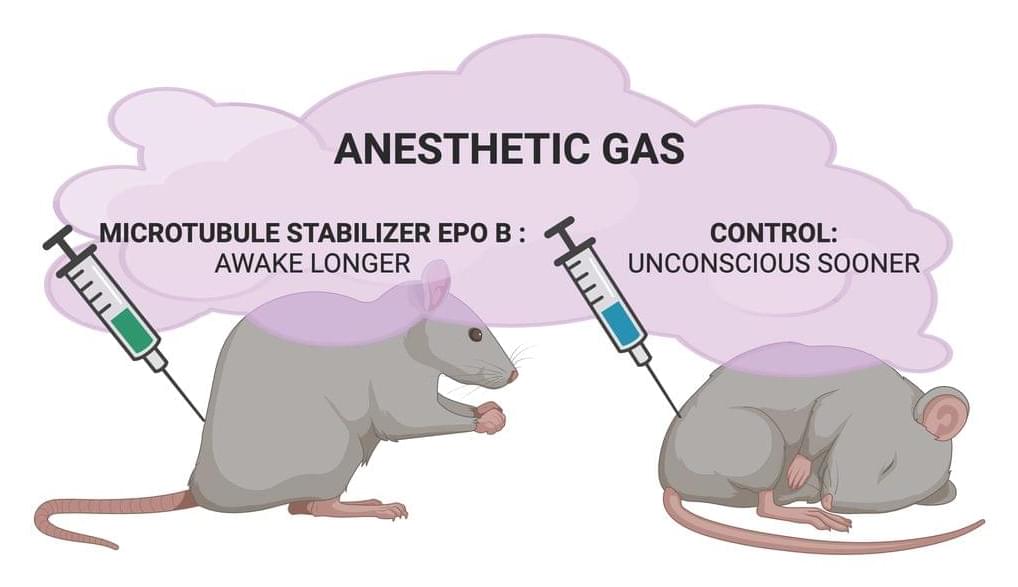
Microtubule-Stabilizer Epothilone B Delays Anesthetic-Induced Unconsciousness in Rats
Suggests microtubules play an important role in consciousness. Answer probably lies within them. I really hope for the possibility of what some call “mind uploading” or transfer of consciousness to a stronger medium like artificial neurons made out of better materials. But first, we must get a far better understanding of why consciousness exist. These kinds of experiments are a pre-requisite to that.
Study: Sana Khan, Yixiang Huang, Derin Timuçin, Shantelle Bailey, Sophia Lee, Jessica Lopes, Emeline Gaunce, Jasmine Mosberger, Michelle Zhan, Bothina Abdelrahman, Xiran Zeng and Michael C. Wiest.
Volatile anesthetics reversibly abolish consciousness or motility in animals, plants, and single-celled organisms (Kelz and Mashour, 2019; Yokawa et al., 2019). For humans, they are a medical miracle that we have been benefiting from for over 150 years, but the precise molecular mechanisms by which these molecules reversibly abolish consciousness remain elusive (Eger et al., 2008; Hemmings et al., 2019; Kelz and Mashour, 2019; Mashour, 2024). The functionally relevant molecular targets for causing unconsciousness are believed to be one or a combination of neural ion channels, receptors, mitochondria, synaptic proteins, and cytoskeletal proteins.
The Meyer–Overton correlation refers to the venerable finding that the anesthetic potency of chemically diverse anesthetic molecules is directly correlated with their solubility in lipids akin to olive oil (S. R. Hameroff, 2018; Kelz and Mashour, 2019). The possibility that general anesthesia might be explained by unitary action of all (or most) anesthetics on one target protein is supported by the Meyer–Overton correlation and the additivity of potencies of different anesthetics (Eger et al., 2008). Together these results suggest that anesthetics may act on a unitary site, via relatively nonspecific physical interactions (such as London/van der Waals forces between induced dipoles).
Cytoskeletal microtubules (MTs) have been considered as a candidate target of anesthetic action for over 50 years (Allison and Nunn, 1968; S. Hameroff, 1998). Other membrane receptor and ion channel proteins were ruled out as possible unitary targets by exhaustive studies culminating in Eger et al. (2008). However, MTs (composed of tubulin subunits) were not ruled out and remain a candidate for a unitary site of anesthetic action. MTs are the major components of the cytoskeleton in all cells, and they also play an essential role in cell reproduction—and aberrant cell reproduction in cancer—but in neurons, they have additional specialized roles in intracellular transport and neural plasticity (Kapitein and Hoogenraad, 2015). MTs have also been proposed to process information, encode memory, and mediate consciousness (S. R. Hameroff et al., 1982; S. Hameroff and Penrose, 1996; S. Hameroff, 2022). While classical models predict no direct role of MTs in neuronal membrane and synaptic signaling, Singh et al. (2021a) showed that MT activities do regulate axonal firing, for example, overriding membrane potentials. The orchestrated objective reduction (Orch OR) theory proposes that anesthesia directly blocks quantum effects in MTs necessary for consciousness (S. Hameroff and Penrose, 2014). Consistent with this hypothesis, volatile anesthetics do bind to cytoskeletal MTs (Pan et al., 2008) and dampen their quantum optical effects (Kalra et al., 2023), potentially contributing to causing unconsciousness.

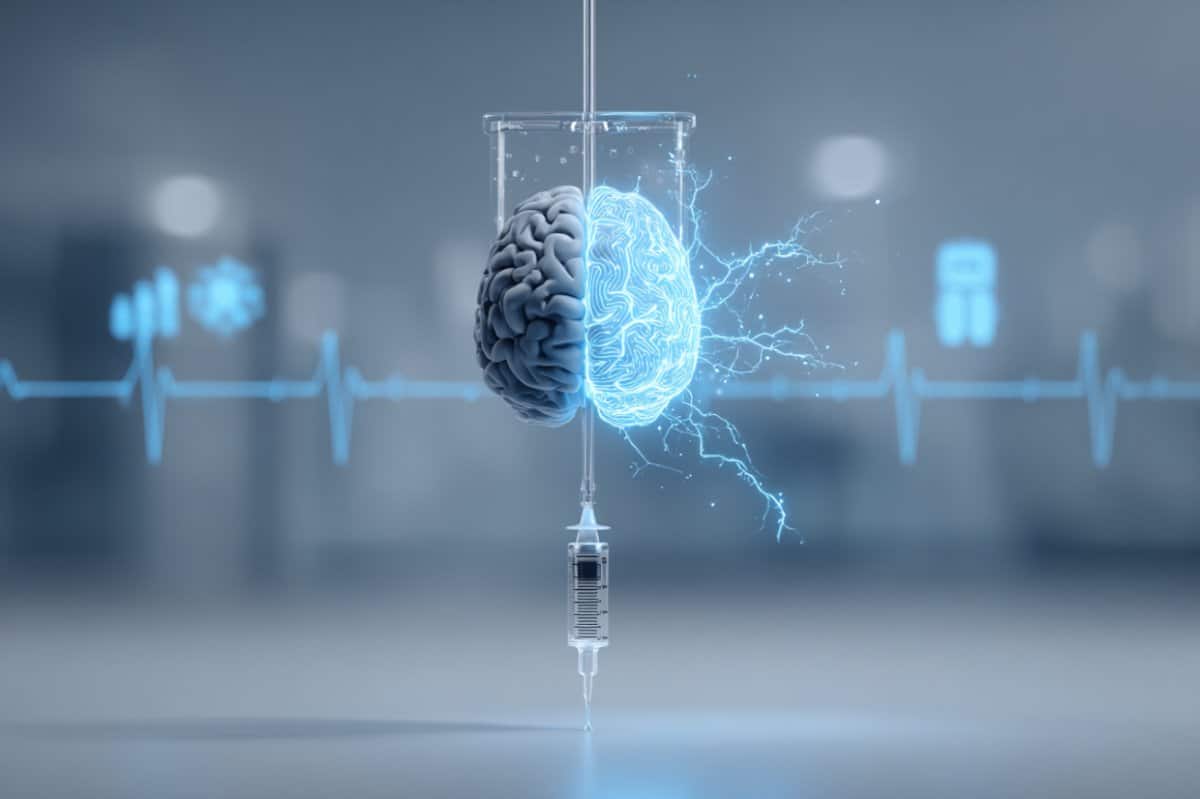
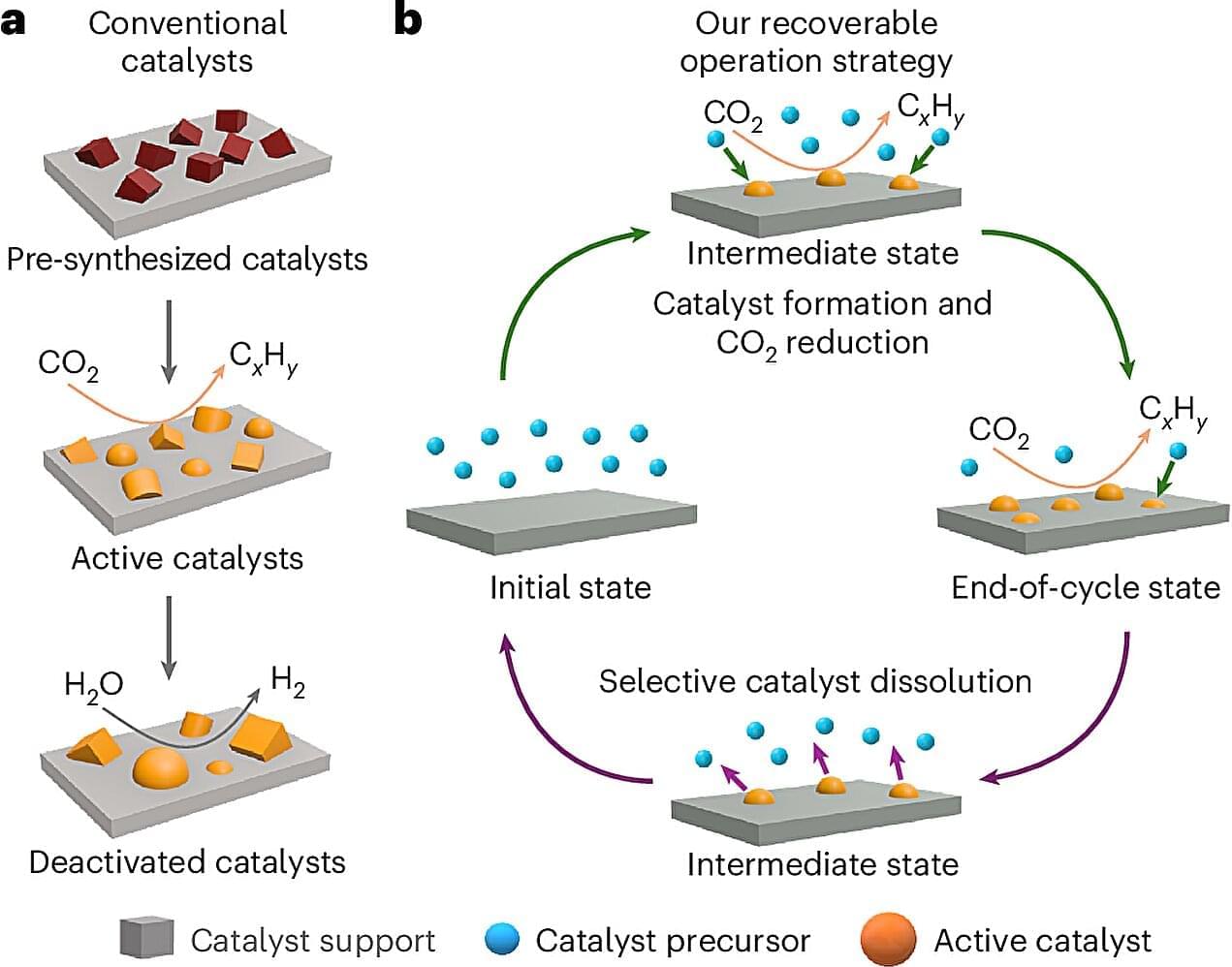
Turning pollution into clean fuel with stable methane production from carbon dioxide
Carbon dioxide (CO2) is one of the world’s most abundant pollutants and a key driver of climate change. To mitigate its impact, researchers around the world are exploring ways to capture CO2 from the atmosphere and transform it into valuable products, such as clean fuels or plastics. While the idea holds great promise, turning it into reality—at least on a large scale—remains a scientific challenge.
A new study led by Smith Engineering researcher Cao Thang Dinh (Chemical Engineering), Canada Research Chair in Sustainable Fuels and Chemicals, paves the way to practical applications of carbon conversion technologies and may reshape how we design future carbon conversion systems. The research addresses one of the main roadblocks in the carbon conversion process: catalyst stability.
In chemical engineering, a catalyst is a substance that accelerates a reaction—ideally, without being consumed in the process. In the case of carbon conversion, catalysts play a critical role by enabling the transformation of CO₂ into useful products such as fuels and building blocks for sustainable materials.
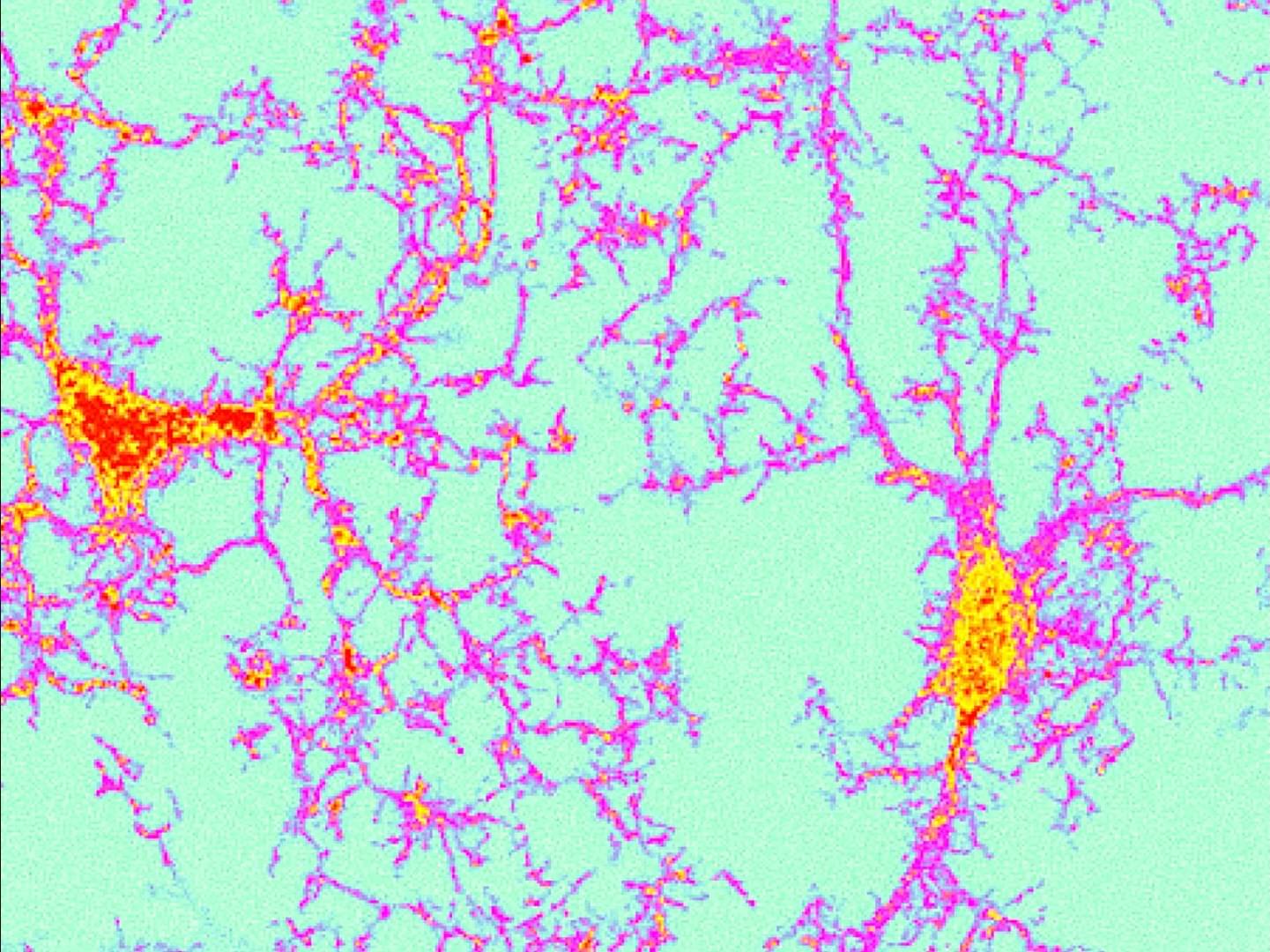
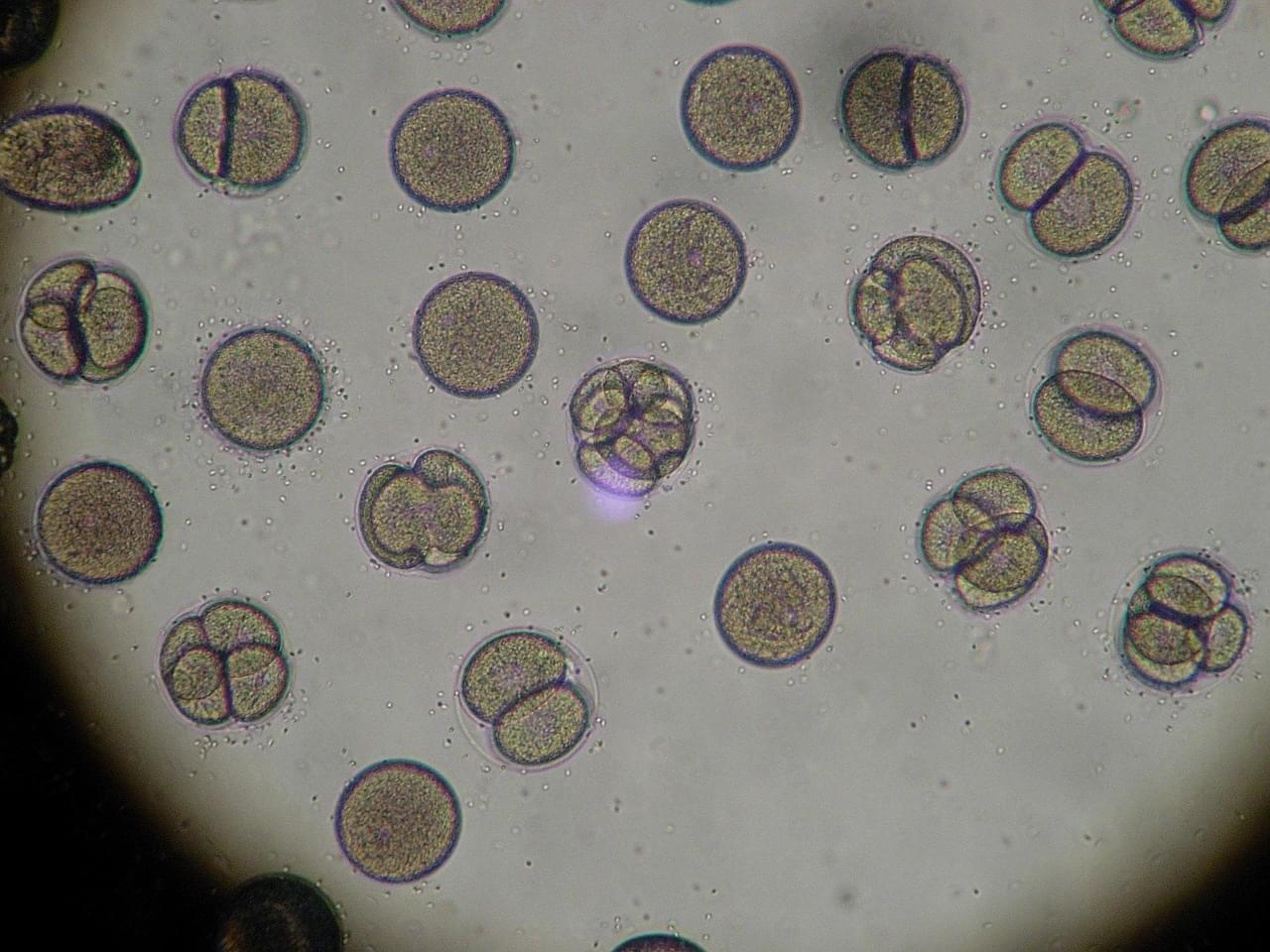
Gene Expression Predicts Therapeutic Efficacy
The immune system works to identify and target invading pathogens. Specifically, our bodies work to get rid of any harmful infections by employing a two-part immune response. The first wave of immunity is the innate immune system. This initial reaction is broad and non-specific with innate cells circulating throughout the body to detect foreign pathogens. These cells that are involved include neutrophils, macrophages, eosinophils, basophils, and dendritic cells. Once cells detect an issue, they alert the rest of the body to completely filter out the infection. Importantly, the second wave of immunity, or the adaptive immune system, elicits a strong, specific response that target pathogens the innate immune system cannot neutralize.
Adaptive immunity builds to generate robust protection against aggressive diseases. The cells that make up this response include B and T cells. B cells are mainly responsible for generating antibodies to neutralize and signal infections throughout the body. T cells are the drivers that get rid of disease. T cell activity destroys infected cells and other pathogens lingering throughout the body or site of infection. The adaptive immune response is also critical for immune memory. Once someone experiences a disease and recovers, adaptive immune cells will remember that pathogen next time it enters the body — this is how vaccines work. A patient is injected with a non-harmful virus to expose the immune system. Immediately, the body will respond and destroy the virus. However, a few T cells will also be generated to targeted similar viruses in the future. As a result, when a patient is exposed to the infection again, they will be protected and not experience symptoms.
T cells are critical for any disease or infection, including cancer. Many immunotherapies currently being develop involve activating and directing T cells to the site of the tumor. However, immunotherapies have limited efficacy due to various mechanisms around the tumor that suppress immunity. Scientists are working to understand T cell biology to develop better immunotherapies and more accurately predict treatment outcomes in patients.